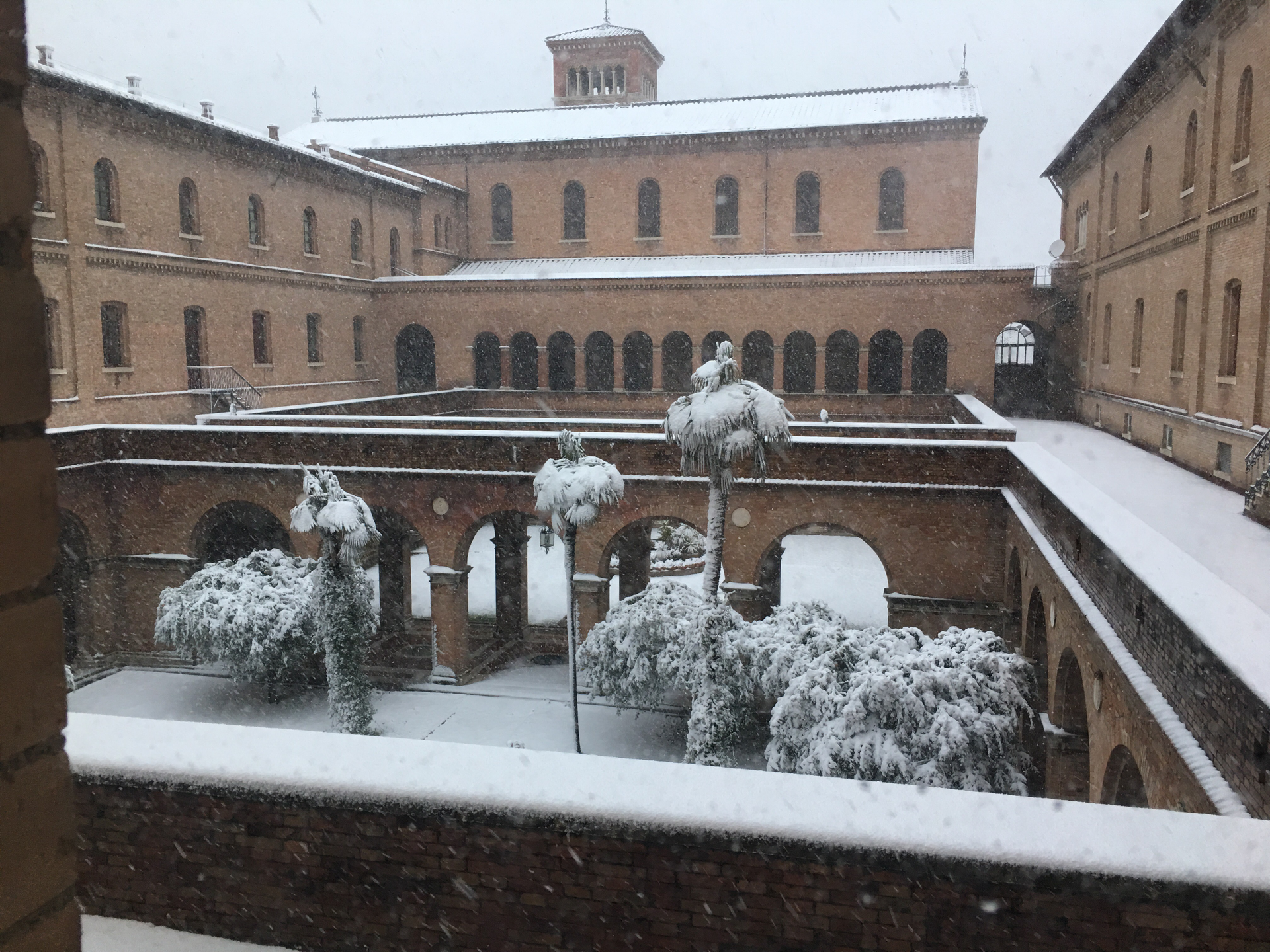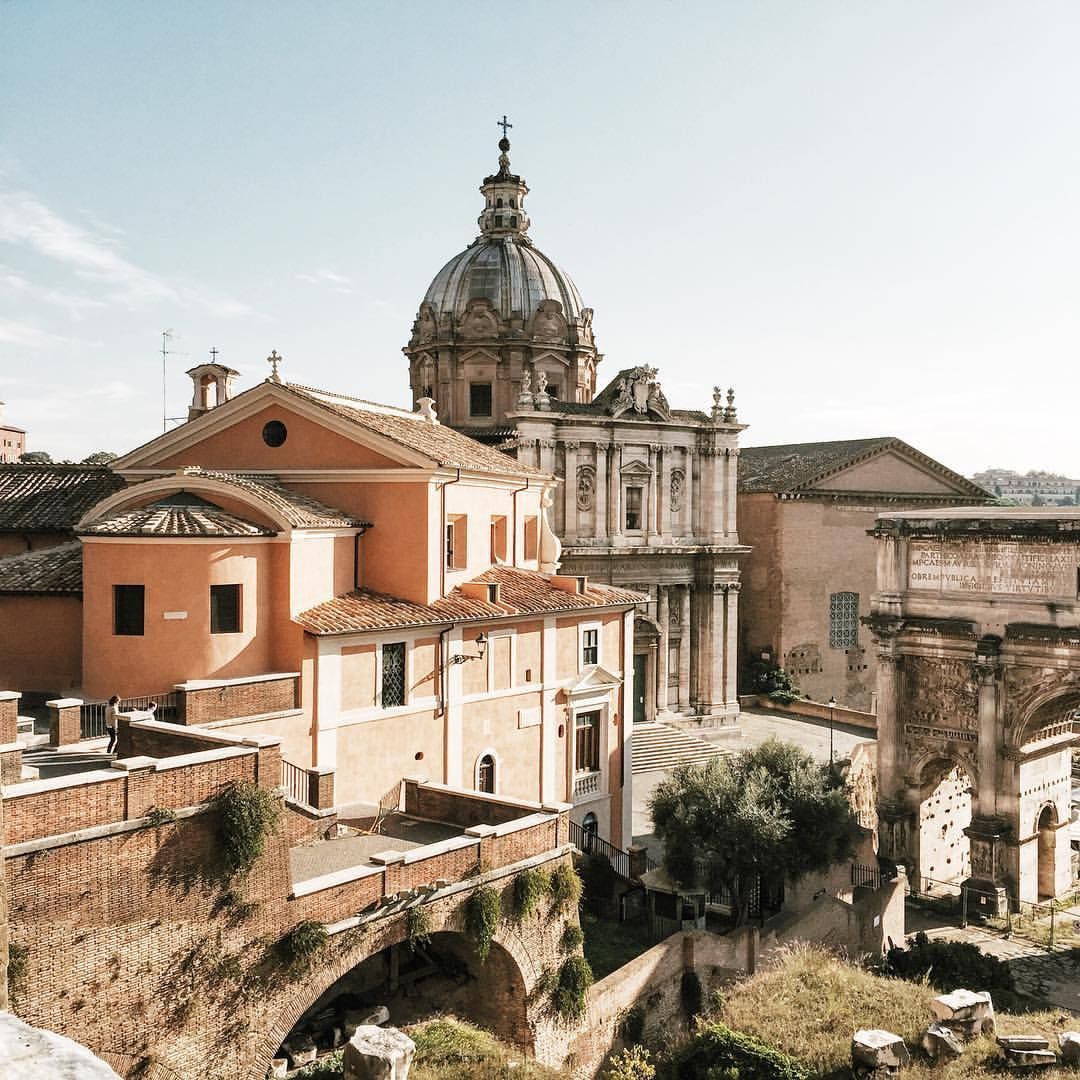Message of Abbot Paul - Saturday - 16th March 2024
Abbot Paul • March 15, 2024
I’m not sure exactly when I began writing these daily messages, but it was sometime mid-March 2020. I came back to Belmont from Rome on Friday, 13th March, after conducting the Canonical Visitation of Sant’Anselmo, the Benedictine curia and university on the Aventine, and went immediately into self-isolation. When I came out on 28th, we were already into our first lockdown. The fact that places of worship were made to close their doors and public services forbidden, led me think that the best way I could keep in touch with Belmont parishioners and friends of the Abbey, would be to write a daily message for the Parish and Monastery websites and Parish Facebook page. Never for a moment did I imagine that four years later I would still be writing these daily messages. I would like to thank all those who have been in touch in many ways for their encouragement to keep at it and not give up. As I approach my retirement as Abbot of Belmont on May 1st, I’m not quite sure what I’ll do. I leave that to the Lord and his infinite love for us, his beloved children.
Today’s Gospel passage sees us once more with John, (Jn 7: 40-52), and with the aftermath of the discourse of Jesus on his relationship with the Father, that left his enemies seething with anger. Yet, not all were against him for there were some convinced that he might be the Messiah. “Several people who had been listening to Jesus said, ‘Surely he must be the prophet’, and some said, ‘He is the Christ’, but others said, ‘Would the Christ be from Galilee? Does not scripture say that the Christ must be descended from David and come from the town of Bethlehem?’ So the people could not agree about him. Some would have liked to arrest him, but no one actually laid hands on him.” Jesus was an enigma and people couldn’t agree on who or what he was, as we can see. The Infancy Narratives in Matthew and Luke are at pains to show that, although he came from Nazareth in Galilee, nevertheless Mary and Joseph were of David’s line and that Jesus was born at Bethlehem in Judea.
It could be said that the Passion story begins from the very start of Jesus’ ministry, once he begins to preach and work miracles, that bring him to the attention of the religious authorities of Israel and into conflict with them. John continues, “The police went back to the chief priests and Pharisees who said to them, ‘Why haven’t you brought him?’ The police replied, ‘There has never been anybody who has spoken like him.’ ‘So’ the Pharisees answered ‘you have been led astray as well? Have any of the authorities believed in him? Any of the Pharisees? This rabble knows nothing about the Law – they are damned.’ One of them, Nicodemus – the same man who had come to Jesus earlier – said to them, ‘But surely the Law does not allow us to pass judgement on a man without giving him a hearing and discovering what he is about?’ To this they answered, ‘Are you a Galilean too? Go into the matter, and see for yourself: prophets do not come out of Galilee.’” The chief priests already want him arrested, yet even their own police have to admit that they have never heard anyone speak like Jesus. Irony is one of the characteristics of John, for his enemies, including the high priests, often prophesy the truth inadvertently when speaking about Jesus. We meet Nicodemus again, who in an oblique way stands up for Jesus. Surely you can give the man a just hearing, or words to that effect he states bravely. When Jesus dies at Calvary, it is Nicodemus who will accompany Joseph of Arimathea to ask Pontius Pilate for the body of Jesus for burial.
Lord, give us the faith and courage of Nicodemus to stand up for you when you are insulted, criticised and blasphemed against. Lord, give us the grace to trust in you and to live according to your word. Lord, help us to proclaim the Gospel by the quality and integrity of our lives, by the love we have for you and our neighbour. Lord, be with us today and always. Amen.














